August 21 Grenade Attack: BNP’s Plot to Erase Bangabandhu’s Legacy
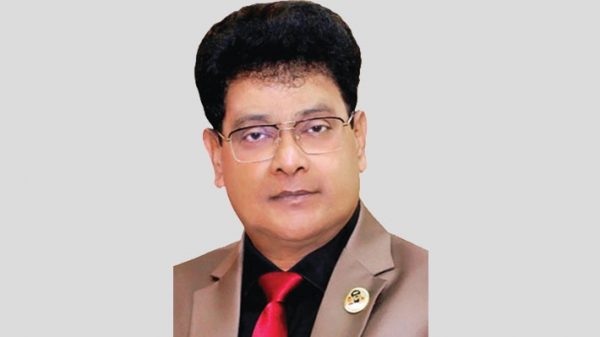
Dr. M. Shahinoor Rahman :
Bangabandhu’s worthy daughter Sheikh Hasina during her premiership from 1996 to 2001 was leading the country towards peaceful socio-economic prosperity by a supreme submission of her leadership, just at that moment, BNP, slyly influenced by the anti-independence Jamaat quarters, plotted to gain power by hook or by crook and cunningly hijacked the result of the elections. After the formation of their government on October 1, 2001, people supporting the pro-independence spirit, including members of the minority community, began to suffer savage and brutal persecution and simultaneous threats so that they might not expose these hideous activities to the media or seek justice. Within weeks, people came to realise that the days ahead were going to be unbearable.
In stark surprise and awe, the general people saw that the miscreants who had once planned to kill their beloved children, to ravish the honour of their mothers and sisters, got hold of state power in sovereign independent Bangladesh. The Jamaat-e-Islami aggression engulfed BNP so that militancy surged up even under the supervision of the state. Bengalis came to know militant organisations like JMB, Bangla Bhai, HUJI, and others. In some places, terrible memories of the atrocities of 1971 returned as the persecution in the name of religion grew apace. Exploding bombs in 500 locations across the country simultaneously, the pro-Pakistan groups seemed to announce that they were now ready to unleash attacks on the sovereignty of Bangladesh. But interestingly, these attacks were not directed to BNP or Jamaat-e-Islami workers but fell upon the people who cherished the spirit of freedom and, as members of the opposition party, strove to struggle for restoring democracy. The brutal grenade attack on August 21, 2004, on an Awami League rally, to decimate the people’s leader Sheikh Hasina was a devastating example.
The BNP-led coalition government was so unsuccessful in its governance compared to the precursor Awami League government that they knew their public support waned to the lowest owing to the movement organised by the opposition Awami League led by Sheikh Hasina. As a result, a free and fair election would certainly hand over Awami League a great victory. Awami League’s victory would mean not the loss of power but a rigorous implementation of their avowed promises to bring the killers of Bangabandhu and the war criminals to trial and punishment also. The fear had upset Jamaat-e-Islami while BNP had lost its self-control and turned into a pawn in the hand of Jamaat-e-Islami. Their only objective was to turn Awami League void of its leaders. Hence, they hatched the blueprint of an apparent terrorist attack.
The party rally ended on August 21, 2021, around 5:40 pm in front of the Awami League office of Bangabandhu Avenue. After finishing her speech from a hoodless truck, the then opposition leader Sheikh Hasina strode to the corner of the truck to climb down the ladder. It was right at that moment that one of the most brutal and despicable inhuman incidents in Bangladesh politics took place. Grenades exploded one after another with a loud boom. Blood flowed all around. The deadliest attack in the history of Bangladesh’s politics took a toll of 24 lives. Among them, there was the then Awami Mohila League chief, Ivy Rahman. The image of the expressionless face on her body with the dismembered lower part, published in the news dailies, was a symbol of the morbid face of our country relentlessly tortured by the BNP-Jamaat cycle. On that day, several hundreds of Awami League supporters were fatally wounded in the grenade blast, from which they are still suffering. Mohammad Hanif, the first elected mayor of Dhaka City, died a year and a half after succumbing to a fatal battle with the pain caused by the splinters.
Even after seventeen years, the bloodstain of that afternoon is still alive in every Bengali’s heart. Our honourable Prime Minister Jononetree Sheikh Hasina, the then opposition leader, had a narrow escape from death in the grenade attack at Awami League’s anti-terrorism rally that day. The then government policymakers cleverly designed to kill Sheikh Hasina to destroy the existence of Bangabandhu’s dream and pro-liberation spirit. They wanted to plant communal, militant, and anti-secular ideals guided by the Pakistani inheritors.
Despite accelerating the proper investigation and trial of the horrific attack, the ministers and MPs of the then four-party coalition government began to speak out against the Awami League. We understand that the Awami League had carried out the grenade attack to gain the people’s sympathy. Even standing in the National Parliament, the opposition did not hesitate to blame Awami League. Even the judicial commission of Justice Zainul Abedin claimed that there was no militant group behind the attack and that the intelligence agencies carried bombs. One Joj Mia from Noakhali was set up as the confessed attacker, although later on, his mother revealed that it was a fake arrangement. Most regrettably, the country’s people came to know that the then head of government also forbade the intelligence agency from investigating the matter. The then Prime Minister formed a committee comprising military-civilian officers to investigate the August 21 killings. However, the report of the committee never came out. Even after being arrested from the Badda area of the capital on October 1, 2005, Mufti Abdul Hannan, the top leader of the banned militant group Harkat-ul-Jihad, gave details to the Joint Interrogation Cell (JIC) about the incident along with a confession regarding his involvement in the August 21 grenade attack. But there were no visible efforts to file a case against him or record a deposition from him in the court. The then coalition government did not take any action to arrest the grenade attackers and associates whom Mufti Hannan had mentioned. Therefore, since the administration showed no willingness to bring the self-proclaimed attackers to justice, it became apparent to everyone that the attack happened under administrative supervision.
But history never forgives the wrongdoer. The army-backed caretaker government came and started investigating the grenade attack case in 2007. A total of six militants, including Mufti Hannan and his associates, gave depositions in court in November 2007. Their statements focused on the facts of the grenade attack. They also told the names of the frontline attackers and their associates, the plan, and the supply of grenades. Later, the former Deputy Minister of the last BNP-led coalition government, Mr. Abdus Salam Pintu, was arrested on January 17, 2008. The investigation revealed that the militants had a planning meeting at the former deputy minister’s house in Dhanmondi three days before the attack. Mufti Hannan also admitted this in the court statement. The investigating officers did not doubt that the former Deputy Minister’s brother Maulana Tajuddin had supplied the grenades brought from Pakistan for the attack.
The trial began in June 2008 against 22 people, including Mufti Hannan. But the problem existed for some unknown reasons. Later in 2009, Awami League came to power, investigated the case further, and in 2011, 32 submitted more supplementary charge sheets. The final verdict came on October 10, 2018. The court sentenced 19 people, including former Home Minister Lutfuzzaman Babar and Deputy Minister Abdus Salam Pintu, to death; 19 people, including Tareq Rahman, Haris Chowdhury, and former MP Kaikobad, were sentenced to life imprisonment. The verdict proved that the then ruling BNP-led coalition government had carried out that savage and brutal attack on August 21, 2004, using banned militants to destroy the ideals and blood legacy of the harbinger of the freedom of Bangladesh, Father of the Nation Bangabandhu Sheikh Mujibur Rahman.
Bangabandhu’s beloved daughter, the Honourable Prime Minister Sheikh Hasina, carries along with the inheritance of his leadership within her personality. She has devoted herself to the benefit of the country and the nation, keeping her Father’s ideals aloft. But along the way, the daughter of Bangabandhu had to endure many reproaches and obstacles. Those Jamaat oriented groups who spoke the Bengali tongue but wanted to put the alien Urdu language on top of it during the Pakistani regime and the subsequent liberation war, called the freedom seeker Bengalis Hindu and kafir, and still dream of annexing Bangladesh again to Pakistan have always been active in the political life of this country by their crooked means. One of the ultimate goals of the people’s leader, the Honourable Prime Minister Shaikh Hasina’s life is to implement the coveted dream of Bangabandhu by putting those war criminals to trial on the soil of this country, who have never been repentant for their roles in 1971, instead, have felt proud and bluntly tended to justify themselves. There is an intense conflict of reactionary communalism with the spirit reared by Bangabandhu Sheikh Mujibur Rahman.
Upholding the ideals of the Father of the Nation firmly, she has been prey to life-threatening attacks again and again. She might be in power or outside it; Bangabandhu’s daughter and the inheritor of his leadership Prime Minister Jononetree Sheikh Hasina, has always been a pointed target of the retaliation of fundamentalists and pro-Pakistani sects. But very like her father, Bangabandhu, she has never stopped the grueling and gruesome orbit of her duty with threats of life. She is continuously taking the Nation towards the greatest advancements.
The month of August has given Jononetree Sheikh Hasina as much strength to carry along to the next generation, the spirit that Bangabandhu infused in the people’s hearts. She seems to have forgotten to care for her own life. The proper judgment and punishment of the killers of Bangabandhu, the war criminals, the rising militants, the planners and perpetrators of the August 21 grenade attack have been possible in Bangladesh, only by Honourable Prime Minister’s rock-solid patriotism, her unshakable faith in the spirit of liberation, and very like her Father, her unfathomable love for all Bengalis. Such unique features of her leadership will undoubtedly continue to lead Bangladesh to the golden height of peace and prosperity.
The writer is a Professor of English and Former Pro-Vice-Chancellor at Islamic University, Kushtia


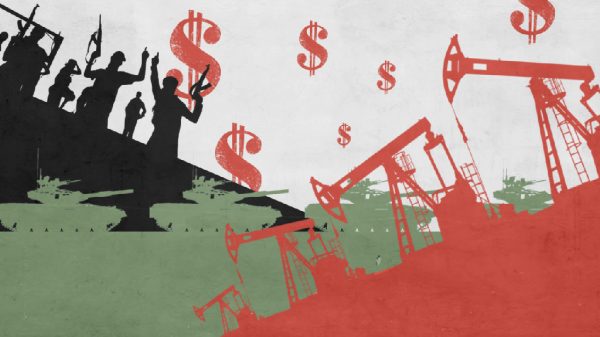
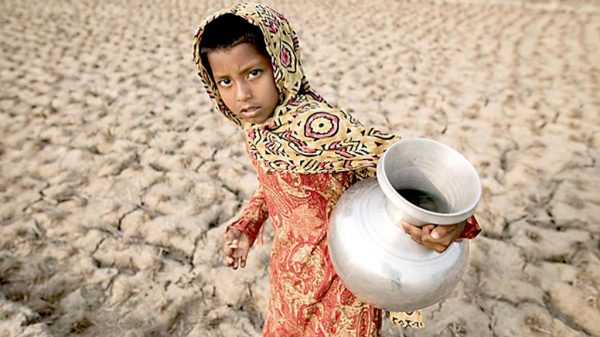
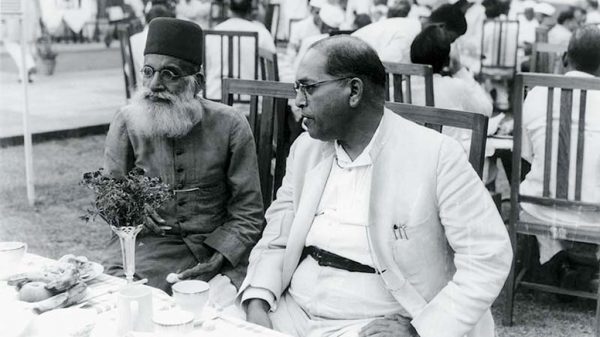
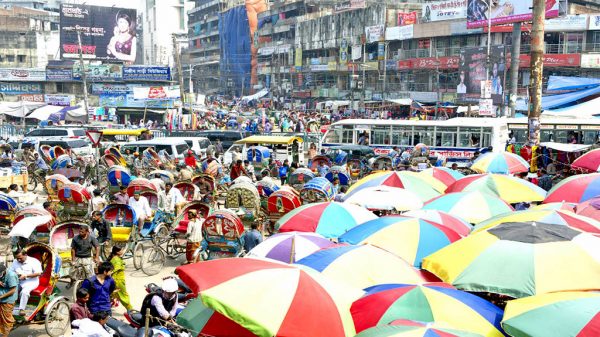

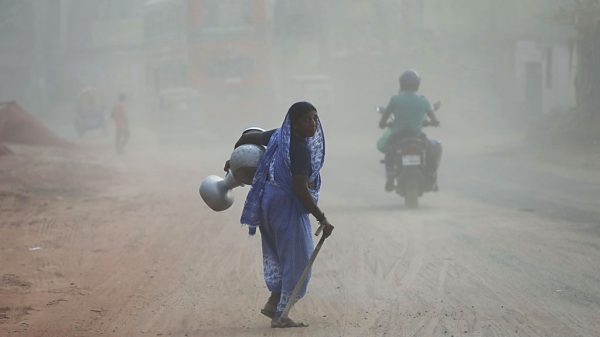





















Leave a Reply